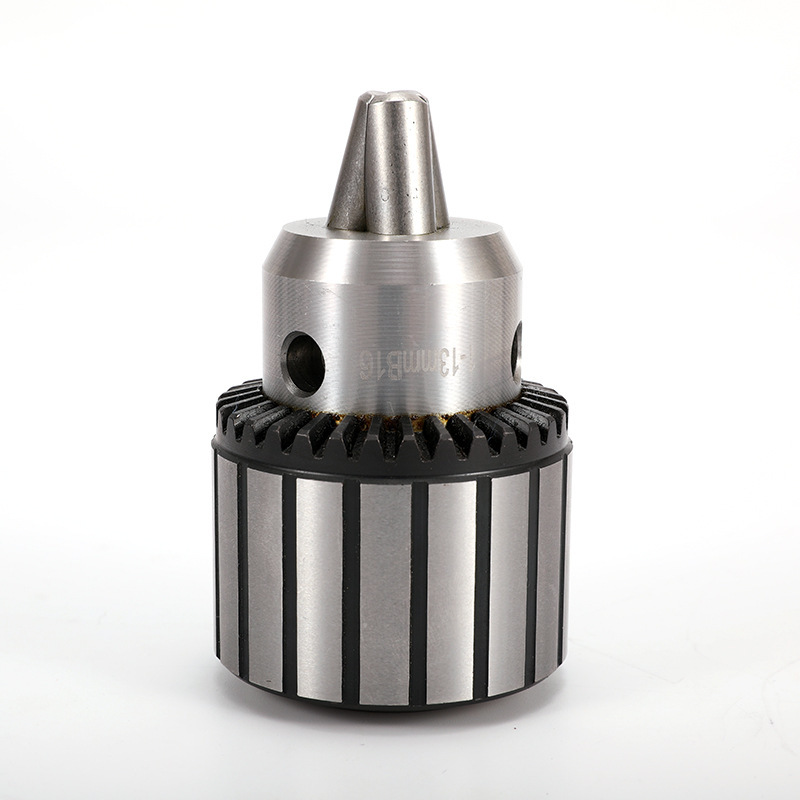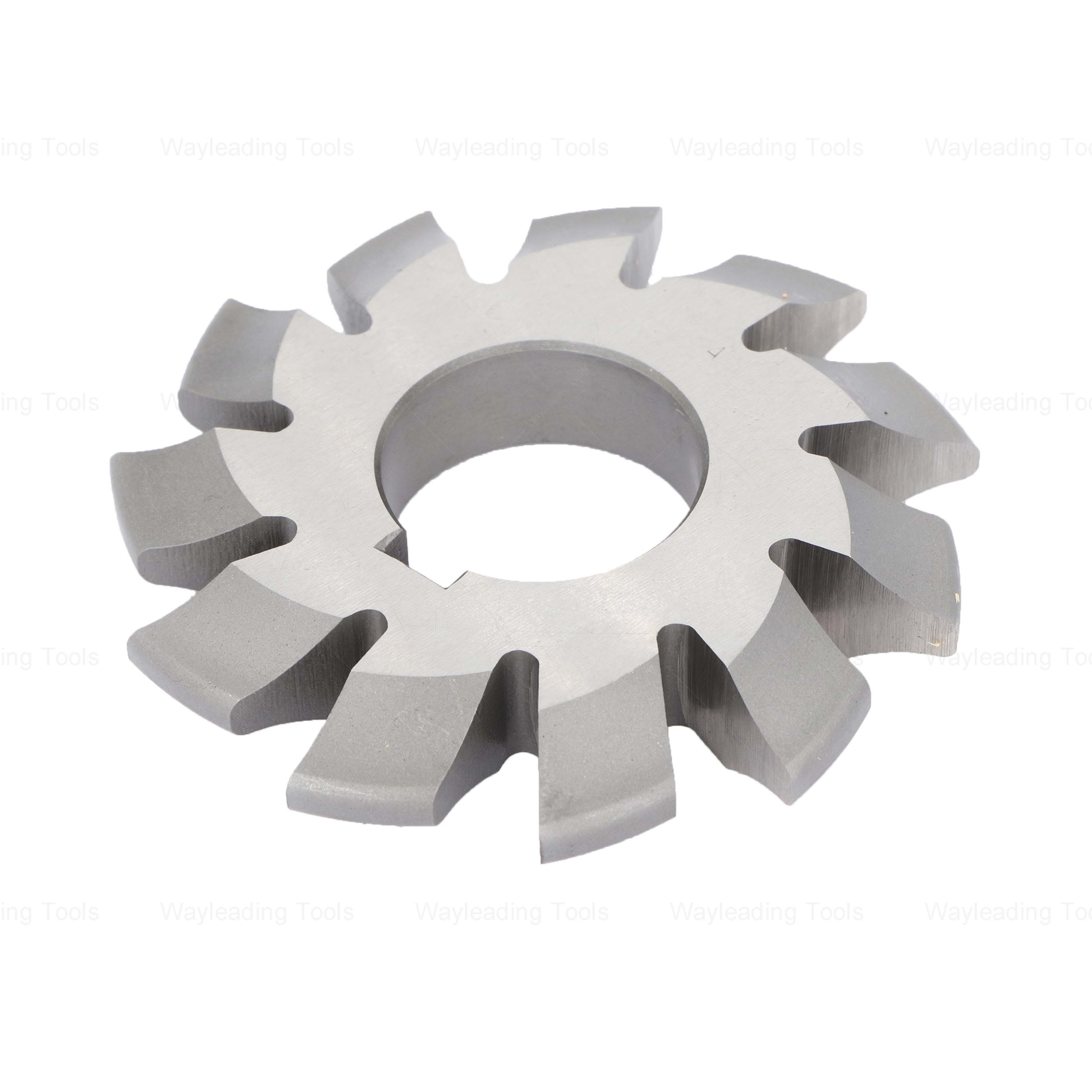grooving tools Manufacturers
Grooving tools manufacturers are essential partners for any business involved in machining, fabrication, or construction. Choosing the right grooving tool and manufacturer significantly impacts product quality, efficiency, and overall cost. This guide explores different types of grooving tools, key factors to consider when selecting a manufacturer, and best practices for optimizing grooving operations.
Understanding Grooving Tools
Grooving tools are cutting tools designed to create grooves, channels, or slots in various materials. The specific type of tool required depends on the material being worked, the desired groove geometry, and the machine being used.
Types of Grooving Tools
- External Grooving Tools: Designed for creating grooves on the outside diameter of a workpiece.
- Internal Grooving Tools: Used for creating grooves inside bores or holes.
- Face Grooving Tools: Create grooves on the face of a workpiece.
- Parting Tools (Cut-Off Tools): While technically grooving tools, they are specifically designed to cut off a workpiece from the bar stock.
- Thread Grooving Tools: Create grooves for threading applications.
Materials Used in Grooving Tools
The material of the grooving tool itself is crucial for performance and longevity. Common materials include:
- High-Speed Steel (HSS): Suitable for general-purpose grooving applications.
- Carbide: Offers superior wear resistance and is ideal for machining harder materials at higher speeds.
- Ceramic: Used for high-temperature, high-speed grooving applications.
- Cermet: Combines the toughness of ceramics with the hardness of metals.
Selecting the Right Grooving Tools Manufacturer
Choosing a reliable grooving tools manufacturer is critical. Consider the following factors:
Experience and Reputation
Look for manufacturers with a proven track record of producing high-quality grooving tools. Research their industry reputation through online reviews, testimonials, and case studies. Companies like Wayleading Tools, with years of experience, often have established processes and expertise.
Product Range and Customization
Ensure the manufacturer offers a wide range of grooving tools to meet your specific needs. Customization options are also important for specialized applications. Can they create tools with specific geometries, coatings, or materials? A flexible manufacturer can adapt to your unique requirements.
Quality Control and Certifications
A reputable manufacturer should have robust quality control procedures and certifications (e.g., ISO 9001). This ensures that the tools are manufactured to consistent standards and meet your required specifications. Inquire about their testing processes and quality assurance measures.
Material and Coating Options
The grooving tools manufacturer should offer a variety of materials (HSS, Carbide, Ceramic, Cermet) and coatings (e.g., TiN, TiAlN, DLC) to optimize tool performance for different materials and applications. Coatings can significantly improve tool life, reduce friction, and enhance cutting performance.
Lead Time and Delivery
Consider the manufacturer's lead time and delivery capabilities. Can they meet your production deadlines? Do they offer reliable shipping options and tracking information? Delays can impact your overall project timeline and increase costs.
Pricing and Payment Terms
Obtain quotes from multiple manufacturers and compare pricing. However, don't solely focus on the lowest price. Consider the overall value proposition, including quality, reliability, and customer service. Negotiate favorable payment terms and ensure you understand the warranty policy.
Technical Support and Customer Service
Choose a manufacturer that provides excellent technical support and customer service. Can they answer your questions promptly and accurately? Do they offer assistance with tool selection, application, and troubleshooting? A responsive support team can save you time and money in the long run.
Optimizing Grooving Operations
Even with the best grooving tools, optimizing your operations is essential for achieving maximum efficiency and product quality. Consider these best practices:
Proper Tool Selection
Selecting the correct grooving tool for the material, groove geometry, and machine is critical. Consult with the tool manufacturer or a machining expert to ensure you're using the optimal tool for the job. For example, cutting harder materials may require carbide grooving tools. Refer to manufacturer specifications for recommended cutting parameters.
Cutting Parameters
Optimizing cutting parameters such as cutting speed, feed rate, and depth of cut can significantly impact tool life, surface finish, and machining time. Consult the tool manufacturer's recommendations and conduct tests to determine the optimal parameters for your specific application. The specific cutting parameters for a tool from Wayleading Tools will be available with the product information or by contacting their support team.
Coolant Application
Proper coolant application is essential for dissipating heat, lubricating the cutting zone, and removing chips. Ensure the coolant is directed at the cutting edge and that the flow rate is sufficient. Consider using different types of coolants (e.g., oil-based, water-based) depending on the material being machined.
Chip Management
Effective chip management is crucial for preventing chip build-up, which can damage the tool and workpiece. Use appropriate chip breakers or chip deflectors to control chip formation and evacuation. Ensure the machine is properly equipped with chip conveyors or other chip removal systems.
Tool Maintenance
Regularly inspect and maintain your grooving tools to ensure they are in good condition. Sharpen or replace worn tools promptly to prevent damage to the workpiece and maintain consistent quality. Store tools properly to protect them from damage and corrosion.
Examples and Case Studies
Real-world examples demonstrate the importance of selecting the right grooving tools manufacturers.
Example 1: Automotive Component Manufacturing
An automotive component manufacturer needed to produce precision grooves in hardened steel brake rotors. They initially used HSS grooving tools, which wore out quickly and produced inconsistent results. After switching to carbide grooving tools from a reputable manufacturer and optimizing cutting parameters, they significantly improved tool life, reduced cycle time, and achieved consistent groove quality.
Example 2: Aerospace Industry
An aerospace company required custom grooving tools for creating intricate grooves in titanium aircraft components. They partnered with a manufacturer that offered custom tool design and manufacturing services. The manufacturer developed a specialized grooving tool with a unique geometry and coating that met the stringent requirements of the aerospace industry. This resulted in improved machining accuracy and reduced material waste.
Future Trends in Grooving Tools Manufacturers
The grooving tools manufacturers industry is constantly evolving, driven by advancements in materials, manufacturing technologies, and automation. Some key trends include:
Advanced Materials and Coatings
Development of new materials and coatings that offer improved wear resistance, heat resistance, and cutting performance. Nanomaterials, advanced ceramics, and multi-layer coatings are gaining popularity.
Precision Manufacturing Technologies
Use of advanced manufacturing technologies such as laser cutting, EDM (Electrical Discharge Machining), and 3D printing to create complex grooving tool geometries with high precision.
Smart Tools and Sensors
Integration of sensors and data analytics to monitor tool performance, detect wear, and optimize cutting parameters in real-time. This enables predictive maintenance and prevents unexpected tool failures.
Automation and Robotics
Increased use of automation and robotics in grooving operations to improve efficiency, reduce labor costs, and enhance safety. Robotic tool changers and automated machining systems are becoming more common.
Conclusion
Choosing the right grooving tools manufacturer is a critical decision that can significantly impact your manufacturing operations. By considering the factors discussed in this guide – experience, product range, quality control, materials, lead time, pricing, and technical support – you can select a partner that meets your specific needs and helps you achieve your goals. Remember that a comprehensive grooving tool partner like Wayleading Tools can provide not just the tools themselves, but also the expertise and support needed for optimal performance and results.
Related products
Related products
Best selling products
Best selling products-
 Plain Back ER Collet Fixture With Lathe Collet Chuck
Plain Back ER Collet Fixture With Lathe Collet Chuck -
 Precision 2pcs Angle Blocks Set With High Quality Type
Precision 2pcs Angle Blocks Set With High Quality Type -
 Type H Flame Tungsten Carbide Rotary Burr
Type H Flame Tungsten Carbide Rotary Burr -
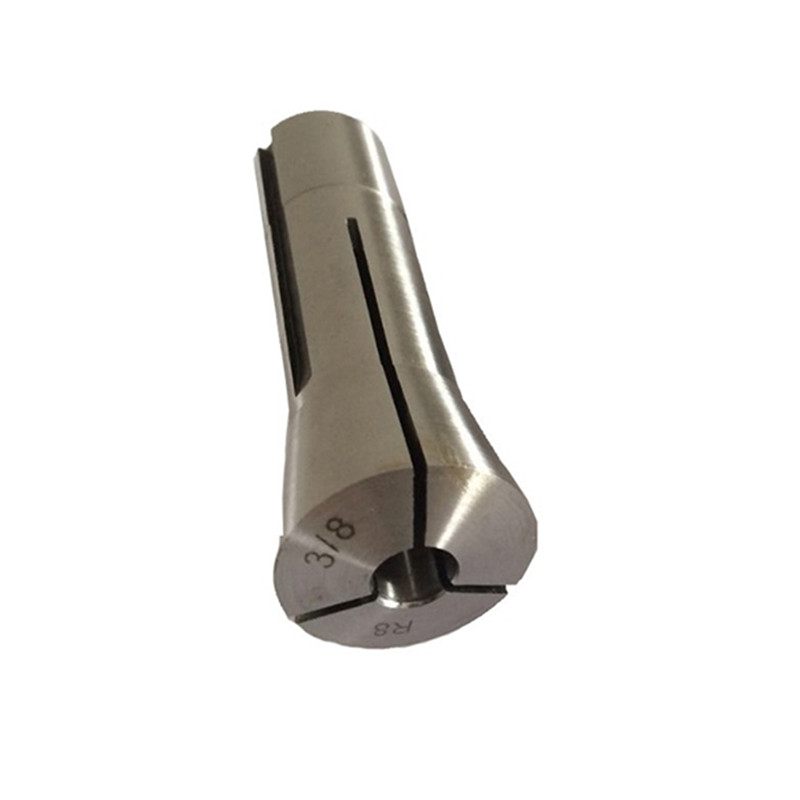 R8 Round Collet With Inch and Metric Size
R8 Round Collet With Inch and Metric Size -
 HSS DP Involute Gear Cutters With PA20 And PA14-1/2
HSS DP Involute Gear Cutters With PA20 And PA14-1/2 -
 Digital Depth Gauge With Stainless Steel For Industrial Type
Digital Depth Gauge With Stainless Steel For Industrial Type -
 Precision 17pcs Angle Blocks Set With High Quality Type
Precision 17pcs Angle Blocks Set With High Quality Type -
 DIN338 HSS Twist Drill Bit Fully Ground Or TiN Coated
DIN338 HSS Twist Drill Bit Fully Ground Or TiN Coated -
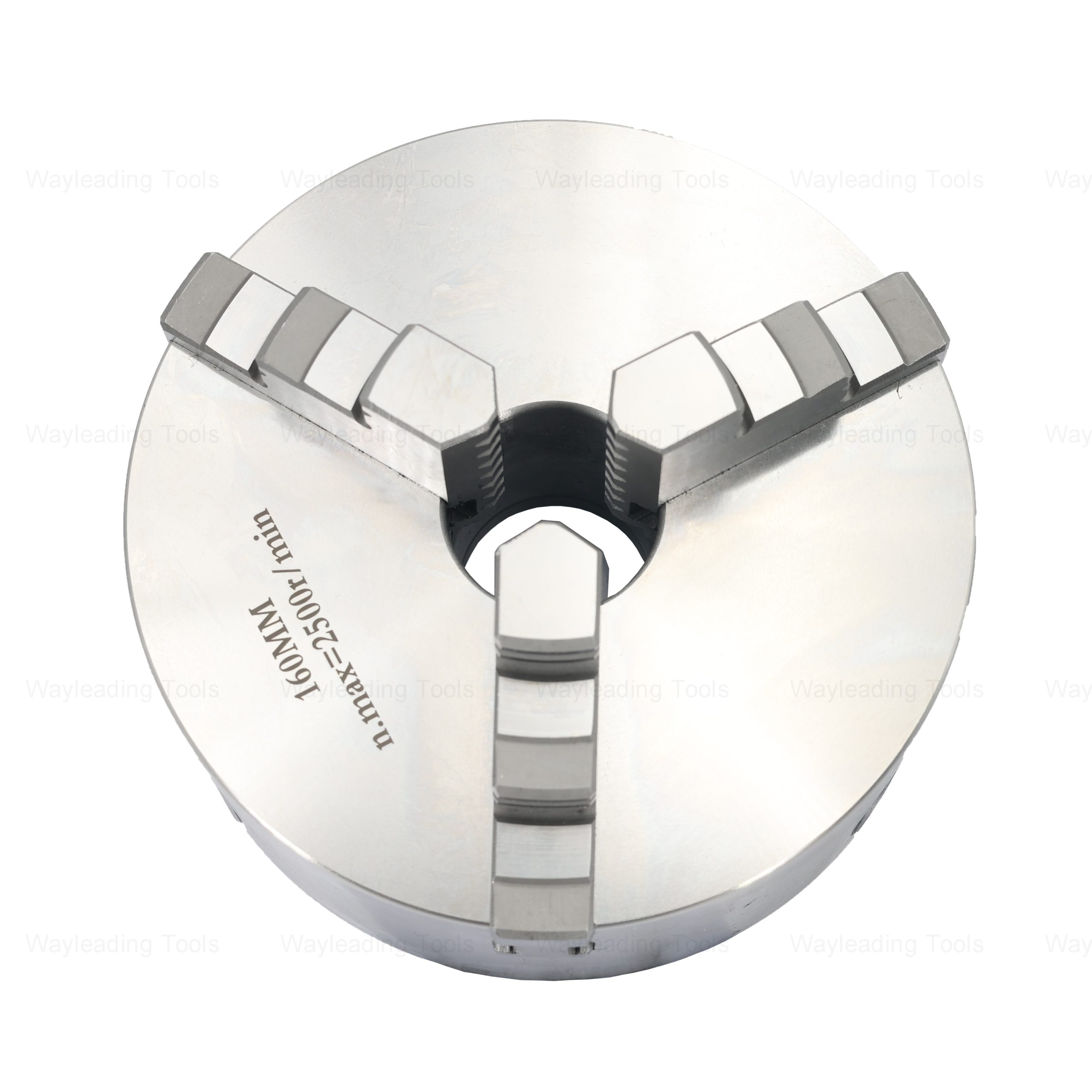 K11 Series 3-Jaw Self-Centering Lathe Chuck – Scroll Type, for Manual Lathes
K11 Series 3-Jaw Self-Centering Lathe Chuck – Scroll Type, for Manual Lathes -
 ANSI B94 HSS Jobber Length Drill Bits Fully Ground
ANSI B94 HSS Jobber Length Drill Bits Fully Ground -
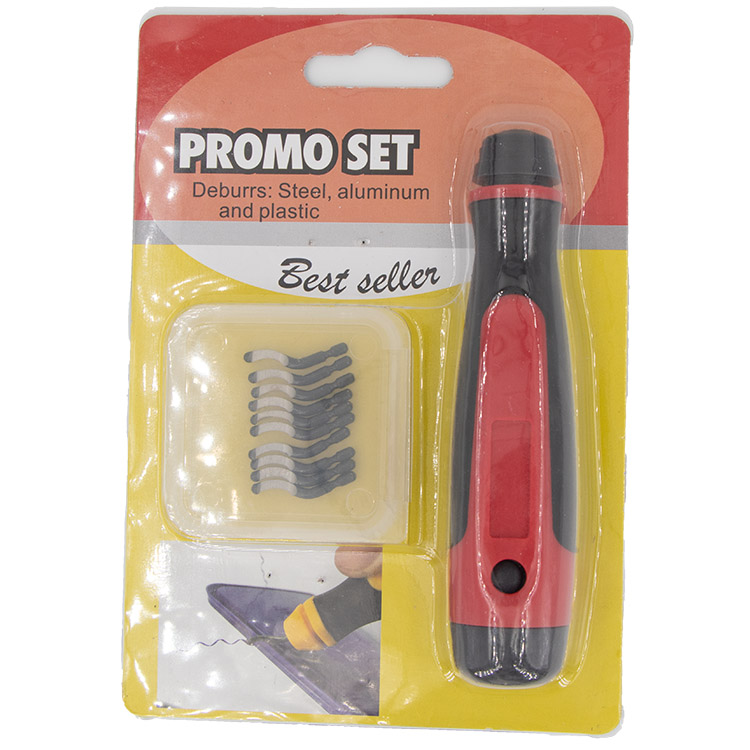 Type B Light Duty Deburring Tool Set With Deburring Holder And Deburring Blade
Type B Light Duty Deburring Tool Set With Deburring Holder And Deburring Blade -
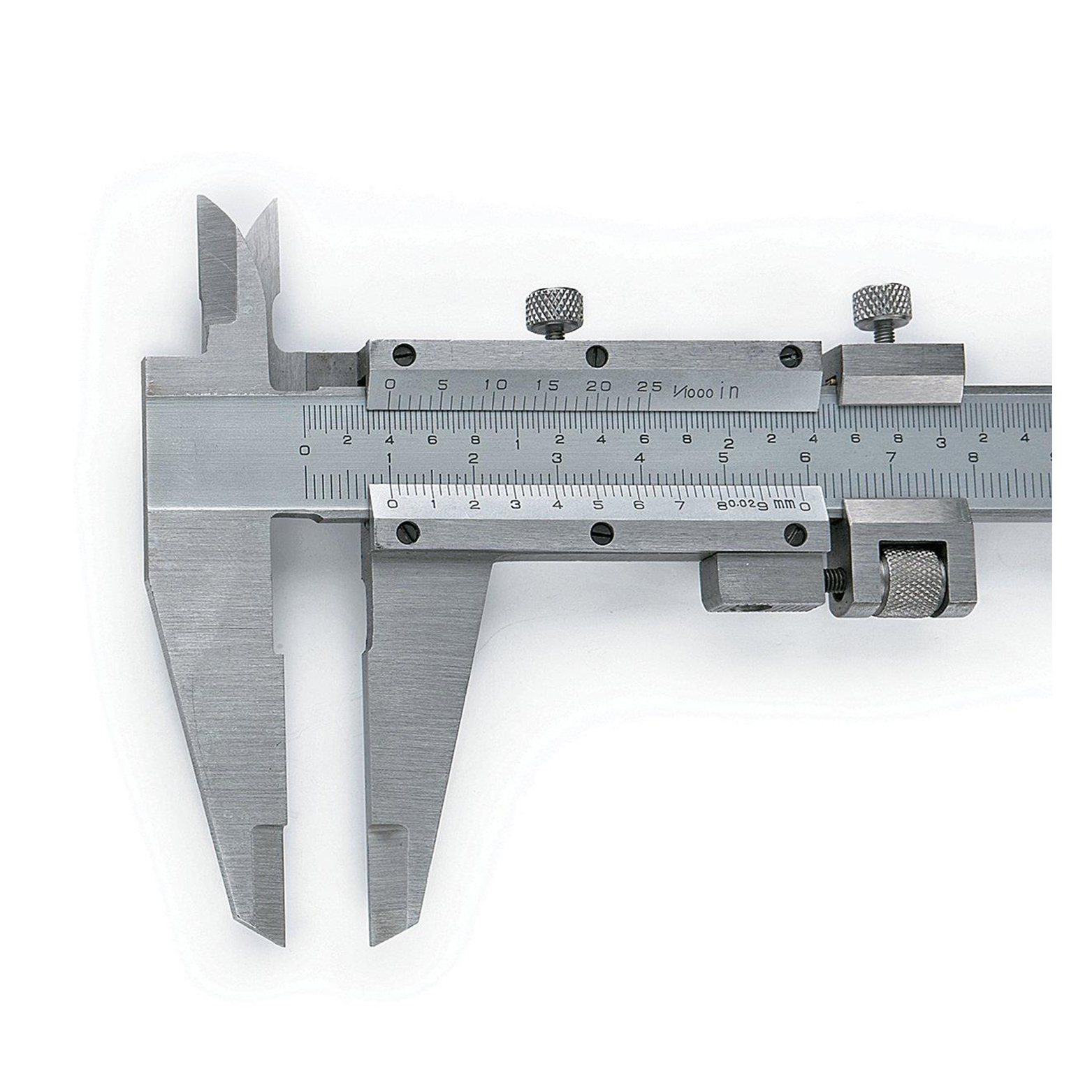 Precision Fine-Adjustment Vernier Caliper Of Metric & Imperial For Industrial
Precision Fine-Adjustment Vernier Caliper Of Metric & Imperial For Industrial


